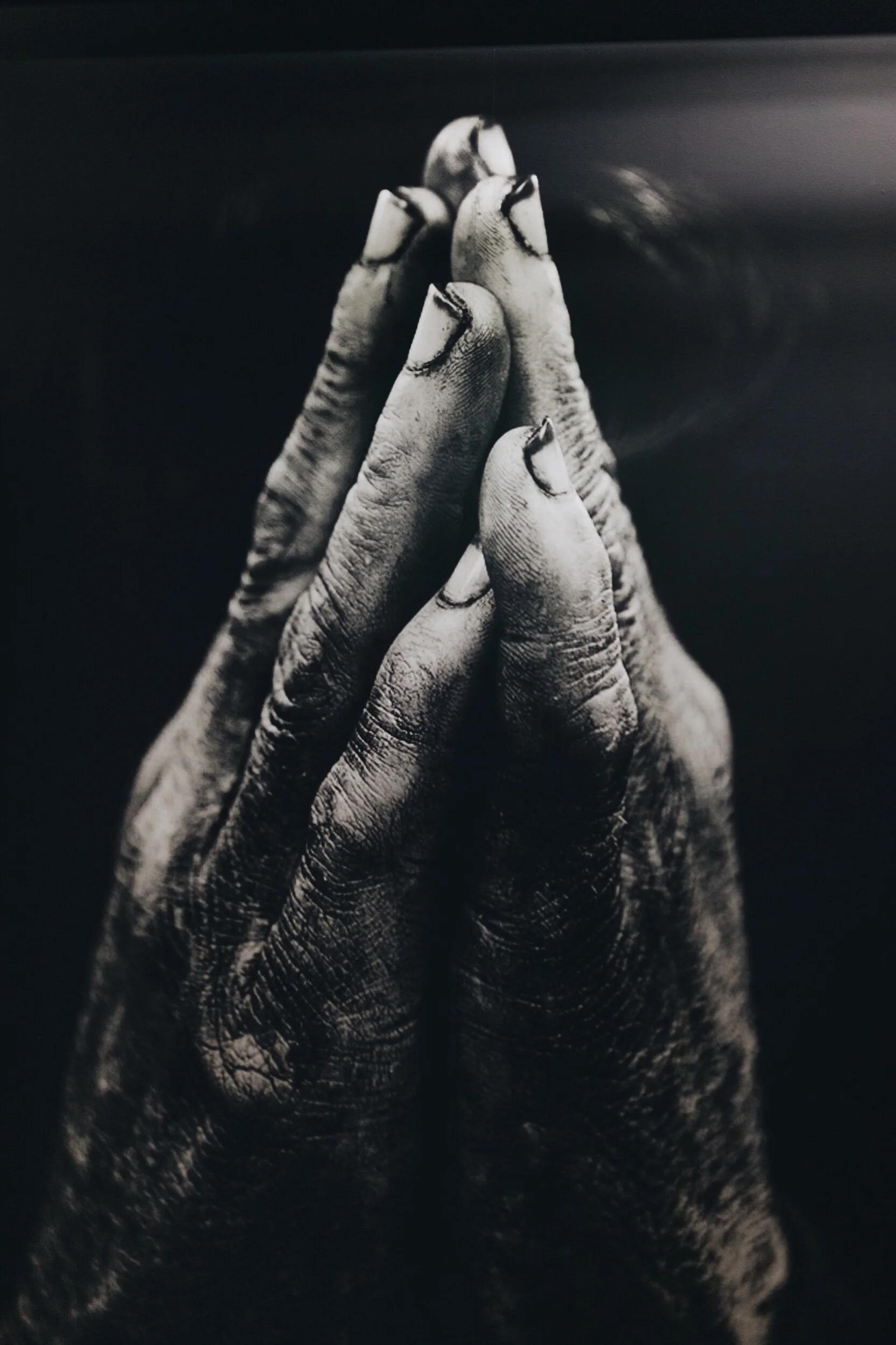Guardians of the Sanctuary
“Finally, my brethren, be strong in the Lord and in the power of His might. Put on the whole armor of God, that you may be able to stand against the wiles of the devil. For we do not wrestle against flesh and blood, but against principalities, against powers, against the rulers of the darkness of this age, against spiritual hosts of wickedness in the heavenly places. Therefore take up the whole armor of God, that you may be able to withstand in the evil day, and having done all, to stand. Stand therefore, having girded your waist with truth, having put on the breastplate of righteousness, and having shod your feet with the preparation of the gospel of peace; above all, taking the shield of faith with which you will be able to quench all the fiery darts of the wicked one. And take the helmet of salvation, and the sword of the Spirit, which is the word of God; praying always with all prayer and supplication in the Spirit, being watchful to this end with all perseverance and supplication for all the saints”
Keepers of the home
During classes and studies, we’ve usually considered how male Biblical leaders fought as soldiers for God, whether they were literal warriors like Joshua and David or spiritual ones like Paul and John. Comparatively few resources explore how as Christians and women, we’re also warriors. The name woman warrior sounds exciting, and possibly glamorous until you take the time to learn the sacrifice and dedication required on a day to day basis to live up to the word (2 Timothy 2). The original language instructing women to be “homemakers” in the much-quoted Titus 2 passage comes from root words meaning “guard of the home” (Strong’s Greek Lexicon). When we hear this phrase, just as first-century readers probably did, we might think of trusted soldiers whose duty is to protect the safest, most private rooms of a palace or temple where the most valuable people seek sanctuary whenever there’s a need.
In the same way, we're guardians of our families’ spiritual and physical health. Since the majority of childrearing, teaching, and supervising social and entertainment activities traditionally falls to the women in the family, even people of the world view women as their family’s guardian. If you’re the gatekeeper responsible for turning ungodly and unhealthy influences away from the safety and sanctuary of your home, your job becomes relatively complicated, considering there’s often no tangible threat to pinpoint. Emotions, attitudes, choices, thoughts, and habits are your battleground, and God’s word is your defense (Ephesians 6:12-13). Modern conveniences and technologies provide fuller access than before to temptation, and the repercussions and challenges of such a lifestyle continue to burden our families. Like the account of the man freed from demons, only to be overtaken by stronger enemies than ever, our only defense is packing ourselves, our homes, and our families so full of God that nothing ungodly can remain (Matthew 12:43-45, 1 John 1:5-10).
Your mother always told you to eat your vegetables first for this exact reason. If you fill yourself with goodness that nourishes you from the inside out, nothing harmful for you holds as much appeal as while you were empty. Daily Bible study and prayer, as a family and an individual, fill our souls with spiritual food that we can’t afford to miss (Matthew 4:4, Hebrews 5:12-14).
In Ephesians 6, Paul uses military allegory to point out areas of our spiritual battleground where we need greater protection and care. Matthew Henry’s commentary provides suggestions on how each piece of spiritual armor corresponds to parts of our being. The girdle was the foundation piece of a Roman soldier’s armor that secured the rest of his equipment, and it supported and protected the lower abdomen and groin. Like a girdle, God’s truth provides safety within its boundaries and a stable foundation for our innermost desires. The breastplate attached to the girdle and protected the vital organs, especially the heart. Our hearts and souls can be beaten and torn by emotional assaults and poorly considered decisions that trap us in self-destructive sin. But with the protection of God’s righteousness, our commitment to obedience automatically excludes many of the greatest threats to our spiritual wellbeing and makes us more aware of less obvious spiritual dangers. Next comes the shoes. Boots or greaves had metal plating to shield the feet and legs from hidden traps or spikes intended to injure foot soldiers so they’d be unable to walk. The devil tries to do the same. If we secure the gospel of peace in our hearts we can persevere on our journey toward heaven without stumbling (Philippians 4:6-7).
Once he’s finished describing the body armor, Paul moves onto offensive and defensive tools with the shield, helmet, and sword. The Roman soldier’s shield was one of his most valuable pieces of defensive armor, since even if he lost or damaged other pieces or if an enemy suddenly attacked a weak point if all else fails he could hide behind his shield. When we’re troubled or under attack, our faith in God and complete trust in Him is our shield and our guarantee of victory (1 John 5:4). The helmet of salvation protects our head, our mind, just as a physical helmet does for a soldier. Proverbs 4:23 warns that our minds create our lives, so a mind grounded in the hope of salvation in heaven won’t be as vulnerable to discouragement as someone whose happiness is based on their circumstances. The Roman short sword was a well-used tool that served not only offensive but defensive purposes in hand to hand combat. Our daily Bible study is our way of arming ourselves with the sword of the Spirit to face the day’s spiritual battles as Jesus did in his testing in the wilderness in Matthew 4.
Finally comes the part we don’t often associate with the armor of God since many quotes of this passage stop at the sword of the Spirit. Pray and be watchful, Paul says. Prayer seems to flow out of us naturally as soon as we’re in trouble, but it’s also one of the easiest disciplines to let go when we’re overwhelmed or discouraged. Yet, we’ll always need time with God in prayer, especially when our lives are so full it’s difficult to make that happen. Times like these are when everything we’re juggling is most likely to come crashing down, and we’ll need an attitude and a habit of prayer to help us pick up the pieces. If Bible study and prayer are buried in the busy chaos of our circumstances, maybe it’s time to ask ourselves if there’s something pulling our hearts and the hearts of our families away and taking up time that we need for more valuable things. Maybe there are some things we need to stop letting sneak in the doors of our hearts and our homes.
Prayer journal prompt:
How can you trade your family's biggest temptations and struggles for uplifting, nurturing, and godly habits and influences? What good things would satisfy the valid desires behind these issues in a Biblical way? (For example, partnering with other parents in your congregation to run and supervise a virtual or text-based youth group Bible study instead of allowing unsupervised time for consuming media. Or relaxing by reading Psalms before bed instead of just watching TV.)

















